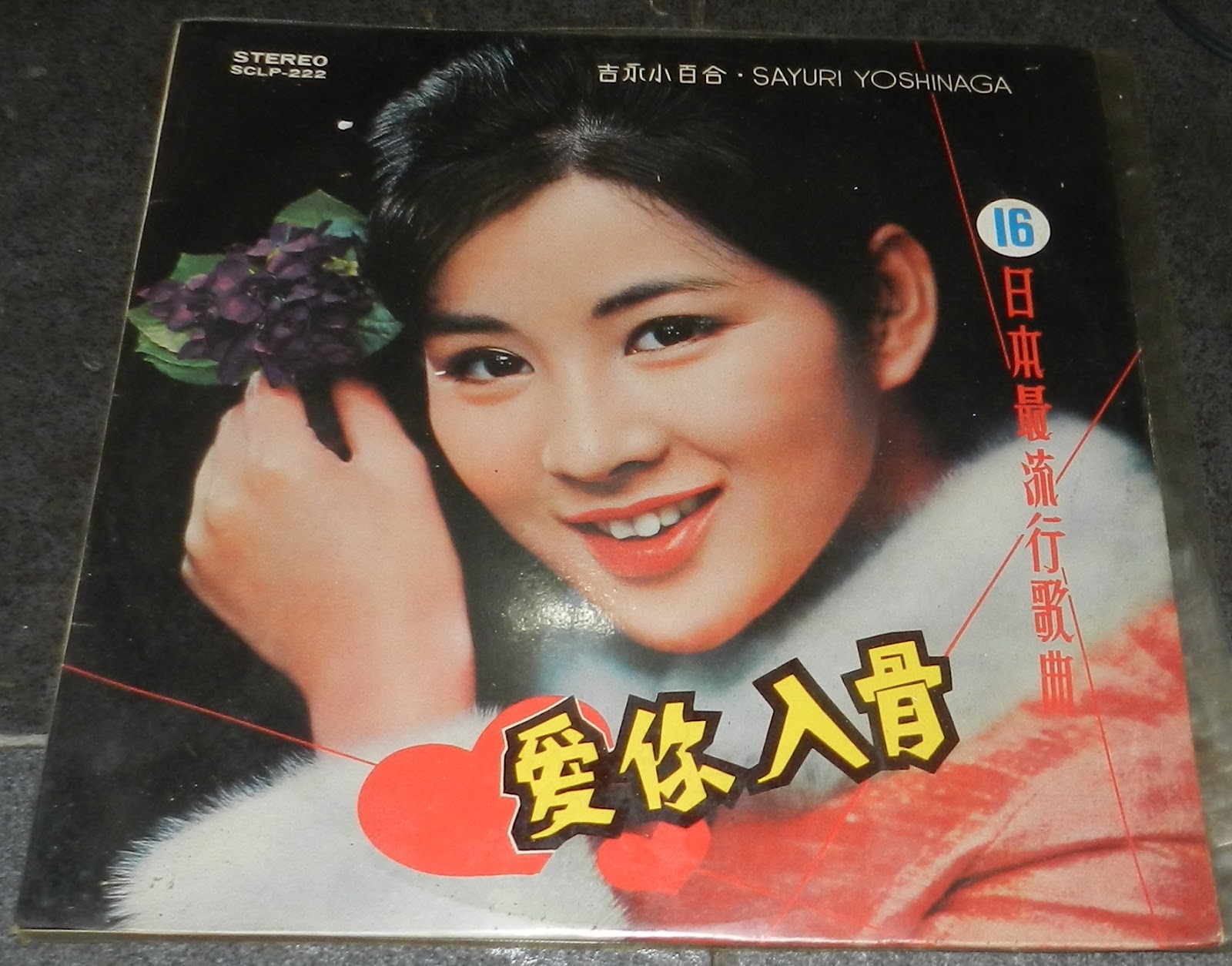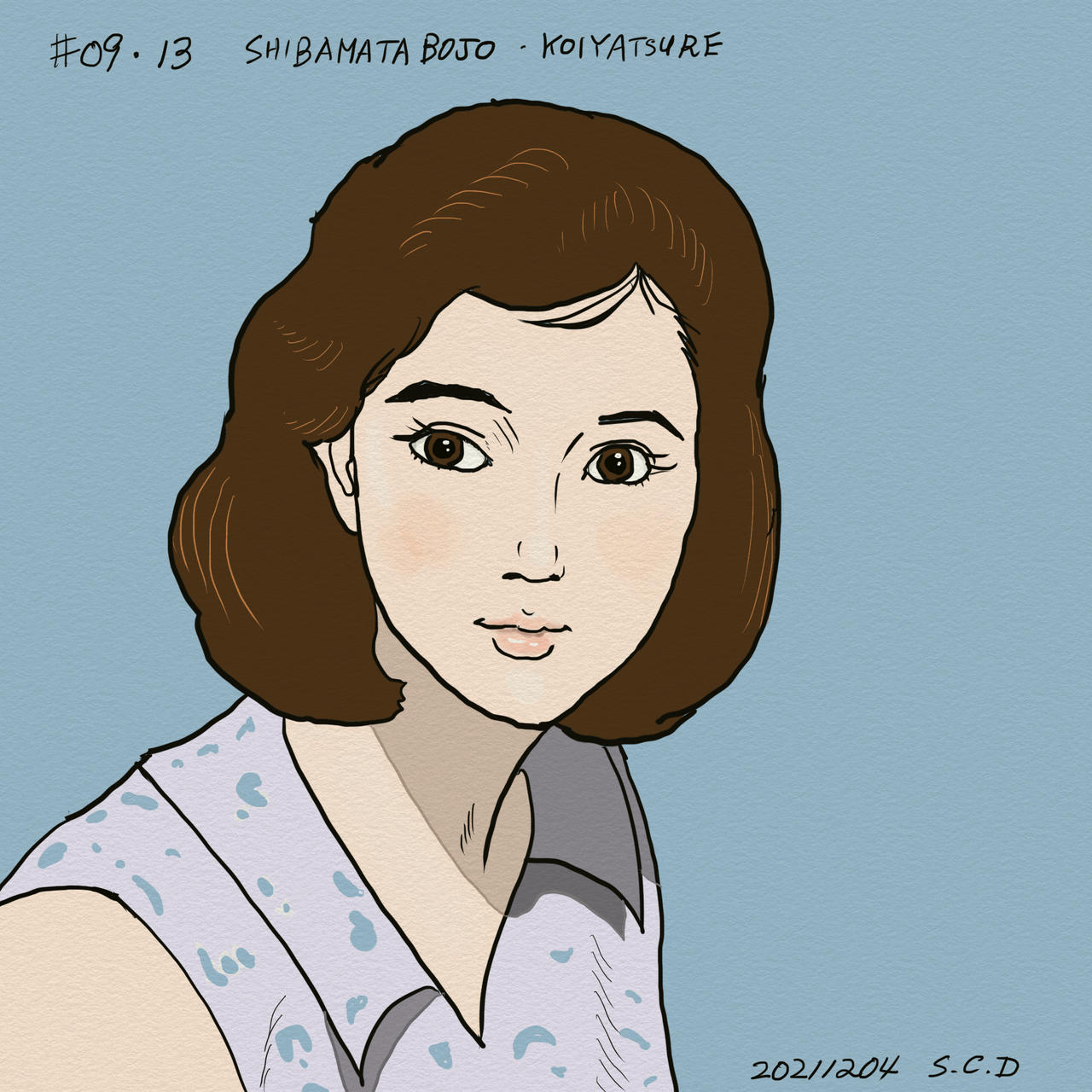Who is Sayuri Yoshinaga: Iconic Japanese Actress And National Treasure ?
Sayuri Yoshinaga: Iconic Japanese Actress And National Treasure is an insight on famous Japanese actress which is given the title "National Treasure". She is an important figure in Japanese cinema, and her work has been recognized with numerous awards.
Editor's Notes: "Sayuri Yoshinaga: Iconic Japanese Actress And National Treasure" have published today date".
We've put together this Sayuri Yoshinaga: Iconic Japanese Actress And National Treasure guide to help target audience make the right decision.
Key differences or Key takeways, provide in informative table format
Transition to main article topics
FAQs on Sayuri Yoshinaga, Iconic Japanese Actress and National Treasure
Sayuri Yoshinaga, born Masako Okada, is a celebrated Japanese actress and cultural icon. Declared a "National Treasure" by the Japanese government, she has starred in over 100 films. This FAQ section provides comprehensive answers to common inquiries about Yoshinaga's illustrious career and legacy.

Yoshinaga Sayuri (吉永小百合) 1945-, Japanese Actress | 吉永小百合 若い頃, 吉永小百合, 女優 - Source www.pinterest.jp
Question 1: What were some of Yoshinaga's most notable performances?
Yoshinaga showcased her extraordinary range in a diverse array of roles. Her iconic portrayal of the tragic heroine in the 1954 film "Onna no Koyomi" cemented her status as a screen legend. Other notable performances include her enigmatic geisha in "The Tea House of the August Moon" (1956), the ambitious empress in "Princess Yang Kwei Fei" (1955), and the tormented wife in "Woman of the Dunes" (1964).
Question 2: What factors contributed to Yoshinaga's international recognition?
Yoshinaga's exceptional talent and the global reach of Japanese cinema propelled her to international stardom. Her performances in films like "Onna no Koyomi" and "Woman of the Dunes" earned her critical acclaim and international film awards. Moreover, her exotic beauty and charismatic presence made her an alluring figure for audiences worldwide.
Question 3: How did Yoshinaga's cultural significance extend beyond her films?
Yoshinaga became a symbol of Japanese cultural excellence. Her elegant demeanor and unwavering commitment to the traditional arts made her an embodiment of Japan's rich heritage. She actively supported traditional dance, Noh theater, and tea ceremony, promoting their preservation and appreciation.
Question 4: What were the key elements of Yoshinaga's acting style?
Yoshinaga's acting style was characterized by its emotional depth, subtle nuances, and internalized intensity. She conveyed complex emotions through restrained expressions and precise movements, creating a mesmerizing and immersive cinematic experience. Her ability to inhabit diverse roles with authenticity and conviction left an enduring mark on the film industry.
Question 5: How did Yoshinaga balance her professional and personal life?
Yoshinaga maintained a remarkable equilibrium between her professional and personal lives. She married actor Keiji Sada in 1950, and they had two daughters. Despite her demanding career, she prioritized her family and actively participated in raising her children. Her ability to navigate both worlds with grace and dedication serves as an inspiration for aspiring actors.
Question 6: In what ways has Yoshinaga's legacy influenced the Japanese film industry and beyond?
Yoshinaga's legacy continues to shape the Japanese film industry and inspire generations of actors. Her contributions to the art of cinema have been recognized with numerous accolades, including the prestigious Order of Culture. She remains a revered figure in Japanese society, embodying the country's commitment to artistic excellence and cultural preservation.
As the foremost authority on the life and work of Sayuri Yoshinaga, this FAQ section aims to provide a comprehensive understanding of her extraordinary career and enduring legacy.
Transition to next article section: Explore the fascinating world of Japanese cinema and its other iconic luminaries.
Tips
In her illustrious career, Sayuri Yoshinaga: Iconic Japanese Actress And National Treasure has accumulated a wealth of wisdom and insights into the craft of acting. Here are some valuable tips from her:
Tip 1: Study your craft relentlessly. Yoshinaga believes that actors must constantly strive to improve their skills through education and practice. She recommends attending workshops, reading plays and literature, and observing other actors in action.
Tip 2: Be fearless in your pursuit of authenticity. Yoshinaga emphasizes the importance of delving deeply into the characters she portrays, understanding their motivations and emotions, and embodying them with honesty and vulnerability.
Tip 3: Master the art of listening. Yoshinaga believes that listening is crucial for actors to connect with their fellow performers and create believable relationships on stage. She encourages actors to be fully present in each moment and to truly hear the words spoken by others.
Tip 4: Embrace the power of simplicity. Yoshinaga often favors minimalist performances, stripping away unnecessary artifice to reveal the raw emotions and relationships at the heart of her characters.
Tip 5: Find joy in the collaborative process. Yoshinaga values the importance of building strong relationships with directors, castmates, and crew members. She believes that a sense of camaraderie and mutual respect can elevate the entire performance.
By following these principles, actors can enhance their skills, deepen their understanding of human nature, and create performances that resonate with audiences.
Sayuri Yoshinaga: Iconic Japanese Actress And National Treasure
Sayuri Yoshinaga, an eminent Japanese actress, has left an indelible mark on the entertainment industry, earning her the prestigious designation of "National Treasure." Her multifaceted career encompasses a remarkable range of key aspects that have solidified her iconic status.
- Captivating Performances: Yoshinaga's ability to embody diverse characters, from period dramas to modern-day tales, has enthralled audiences for decades.
- Exceptional Versatility: From stage to screen, Yoshinaga seamlessly adapts to various genres and mediums, showcasing her mastery in both dramatic and comedic roles.
- Cultural Ambassador: As a symbol of Japanese culture, Yoshinaga's work has played a vital role in promoting Japanese artistry and traditions worldwide.
- National Recognition: Her extraordinary contributions have been recognized by the Japanese government, honoring her as a "Living National Treasure" for her dedication to preserving traditional performing arts.
- Enduring Legacy: Yoshinaga's work continues to inspire and captivate generations, leaving a lasting impact on Japanese cinema and theater.
- Artistic Excellence: Her performances embody the highest standards of artistic excellence, earning her numerous accolades and the respect of her peers.

madrotter-treasure-hunt: SAYURI YOSHINAGA AND OTHER ARTISTS - Source madrotter-treasure-hunt.blogspot.com
These key aspects combine to create a captivating and unparalleled body of work, cementing Sayuri Yoshinaga's position as an iconic Japanese actress and a true National Treasure. Her dedication to her craft, cultural ambassadorship, and enduring legacy serve as a testament to her remarkable talent and the enduring power of Japanese performing arts.

Akagi Keiichiro flanked by Sayuri Yoshinaga and Reiko Sasamori 1961 - Source www.pinterest.co.kr
Sayuri Yoshinaga: Iconic Japanese Actress And National Treasure
Sayuri Yoshinaga is a Japanese actress who has starred in over 100 films, television shows, and stage productions. She is best known for her roles in the films "Akira Kurosawa's Throne of Blood" (1957), "The Human Condition" (1959-1961), and "Dodes'ka-den" (1970). Yoshinaga has also appeared in numerous television dramas, including "Oshin" (1983) and "Aibou" (2000-2021). In addition to her acting career, Yoshinaga is also a singer, dancer, and choreographer.

Sayuri Yoshinaga Japanese actress by stemechind on DeviantArt - Source www.deviantart.com
Yoshinaga was born in Tokyo in 1933. She began her acting career in 1953, when she joined the劇団民芸 (Gekidan Mingei) theater company. She made her film debut in 1956, in the film "Yoru no kawa" (Night River). In 1957, she starred in Akira Kurosawa's "Throne of Blood," which brought her international recognition. Yoshinaga has since appeared in over 100 films, including "The Human Condition," "Dodes'ka-den," and "Tokyo Story" (1953).
Yoshinaga has also had a successful career in television. She has appeared in numerous television dramas, including "Oshin" and "Aibou." In addition to her acting career, Yoshinaga is also a singer, dancer, and choreographer. She has released several albums and has performed in numerous stage productions.
Yoshinaga is a highly respected actress in Japan. She has won numerous awards for her work, including the Mainichi Film Award for Best Actress in 1957 and the Kinema Junpo Award for Best Actress in 1961. In 1993, she was awarded the Order of the Rising Sun, Gold Rays with Neck Ribbon, by the Japanese government.